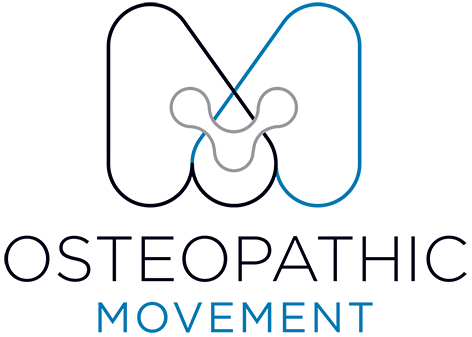Work Hard, Train Smart
Balancing Work, Training, and Recovery: How Osteopathy Keeps You Moving
Modern life demands a lot from our bodies. Between full-time work, family responsibilities, and regular exercise, it’s no wonder so many people experience tightness, fatigue, or injury from time to time.
We’re constantly told to “push harder” or “go the extra mile,” but when your schedule is already overflowing, training harder isn’t always training smarter. The key to long-term progress — and injury prevention — lies in recovery, balance, and body awareness.
That’s where osteopathy comes in.
The Modern Balancing Act
At Osteopathic Movement South Yarra, we see many patients who juggle work, gym, and family life. Whether you’ve:
Sustained a workplace injury,
Tweaked something in the gym, or
Started to feel your body “giving out” under constant physical and mental strain,
…an osteopathic approach can help you recover efficiently, prevent further injury, and keep performing at your best.
How Osteopathy Supports Active Professionals
Osteopathy bridges the gap between manual therapy, movement education, and strength training — ensuring your treatment supports your goals both inside and outside the clinic.
1. Manual Therapy
Hands-on treatment helps alleviate muscle tension, restore joint mobility, and improve circulation. This can provide immediate pain relief and restore movement in areas affected by prolonged sitting, stress, or overtraining.
2. Exercise Rehabilitation
After a detailed assessment, your osteopath will design a tailored exercise program to strengthen weak muscles, correct imbalances, and improve mobility. These programs are designed to complement your gym routine — not replace it.
3. Collaboration with Gym Trainers
We believe collaboration is key. Our osteopaths work closely with trainers at Gript Gym to ensure your training aligns with your rehabilitation goals. By sharing insights about movement patterns, strength deficits, and injury risk, we create a truly integrated care plan that supports your performance and longevity.
4. Injury Management and Prevention
Osteopathy isn’t just about recovery — it’s about future-proofing your body. By assessing biomechanics and identifying subtle deficits before they cause problems, your osteopath can help you modify movement, optimise load management, and stay one step ahead of injury.
Smart Training Starts with Smart Recovery
Hard work in the gym is only one piece of the puzzle. Without adequate recovery, even the best training plan can become counterproductive.
Osteopathy can help you:
Manage tightness and fatigue
Improve joint mobility and movement quality
Identify and correct poor lifting mechanics
Prevent overuse injuries
Recover faster between training sessions
Through manual therapy, targeted rehabilitation, and collaborative support, we’ll help you train smarter, move better, and feel stronger — both at work and in the gym.
If you found this article useful, you may also enjoy How Often Should You Visit an Osteopath? and Functional Movement Assessments — both exploring how small imbalances can lead to big changes in performance and pain.
Book Your Appointment
If you feel you could benefit from osteopathic treatment or rehabilitation, book an appointment with our team today.
• Introducing our Team of South Yarra osteopaths
• Explore our Osteo Clinic & state of the art Gym Facilities
• Book your appointment online
Written By Dr. Matthew Keys (B.Sci(Osteo), M.H.S (Osteopathy)) - Associate Osteopath, Osteopathic Movement, South Yarra.
References:
Smith, B. E., Hendrick, P., Bateman, M., Holden, S., Littlewood, C., Smith, T. O., & Logan, P. (2018).
Musculoskeletal pain and exercise—challenging existing paradigms and introducing new. British Journal of
Sports Medicine, 53(14), 907–912. https://doi.org/10.1136/bjsports-2017-098983
2. Voogt, L., De Vries, J., Meeus, M., Struyf, F., Meuffels, D., & Nijs, J. (2014). Analgesic effects of manual therapy
in patients with musculoskeletal pain: A systematic review. Manual Therapy, 20(2), 250–256.
